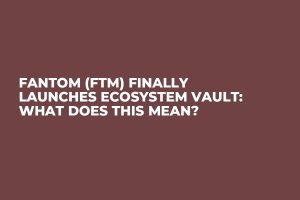
Columbia University's unit dedicated to distributed ledger technology, "Blockchain at Columbia," has put forward a proposal to deploy the popular decentralized exchange platform, Uniswap, on the Fantom blockchain. The proposition, which emerged in collaboration with the Fantom and Axelar teams, aims to capitalize on the recent expiration of Uniswap's Business Source License (BSL) and expand its market reach across different ecosystems.
The expiration of the license, which took effect on April 1, granted developers the freedom to fork the Uniswap v3 protocol. Initially implemented in 2021, this license restricted commercial use of the code for a period of two years, ensuring authors' rights to profit from their creation. Subsequently, the protocol has transitioned to a General Public License.
Proponents of the proposal highlight several key reasons for extending Uniswap's functionality to the Fantom blockchain. They emphasize the benefits of Fantom's framework and consensus mechanism, which facilitate rapid transaction confirmations with finality within a mere one to two seconds, along with higher throughput compared to Ethereum.
Furthermore, Fantom offers low transaction costs, compatibility with the Ethereum Virtual Machine (EVM), interoperability with Ethereum, an environment fostering innovation and experimentation, as well as risk mitigation.
The proposal also outlines optimistic estimates, suggesting that approximately 30% of the current decentralized exchange volume on Fantom would be routed through Uniswap if the deployment were to materialize. Based on available data, Uniswap stands to capture an estimated $30-$40 million in volume per week.

 Dan Burgin
Dan Burgin Vladislav Sopov
Vladislav Sopov